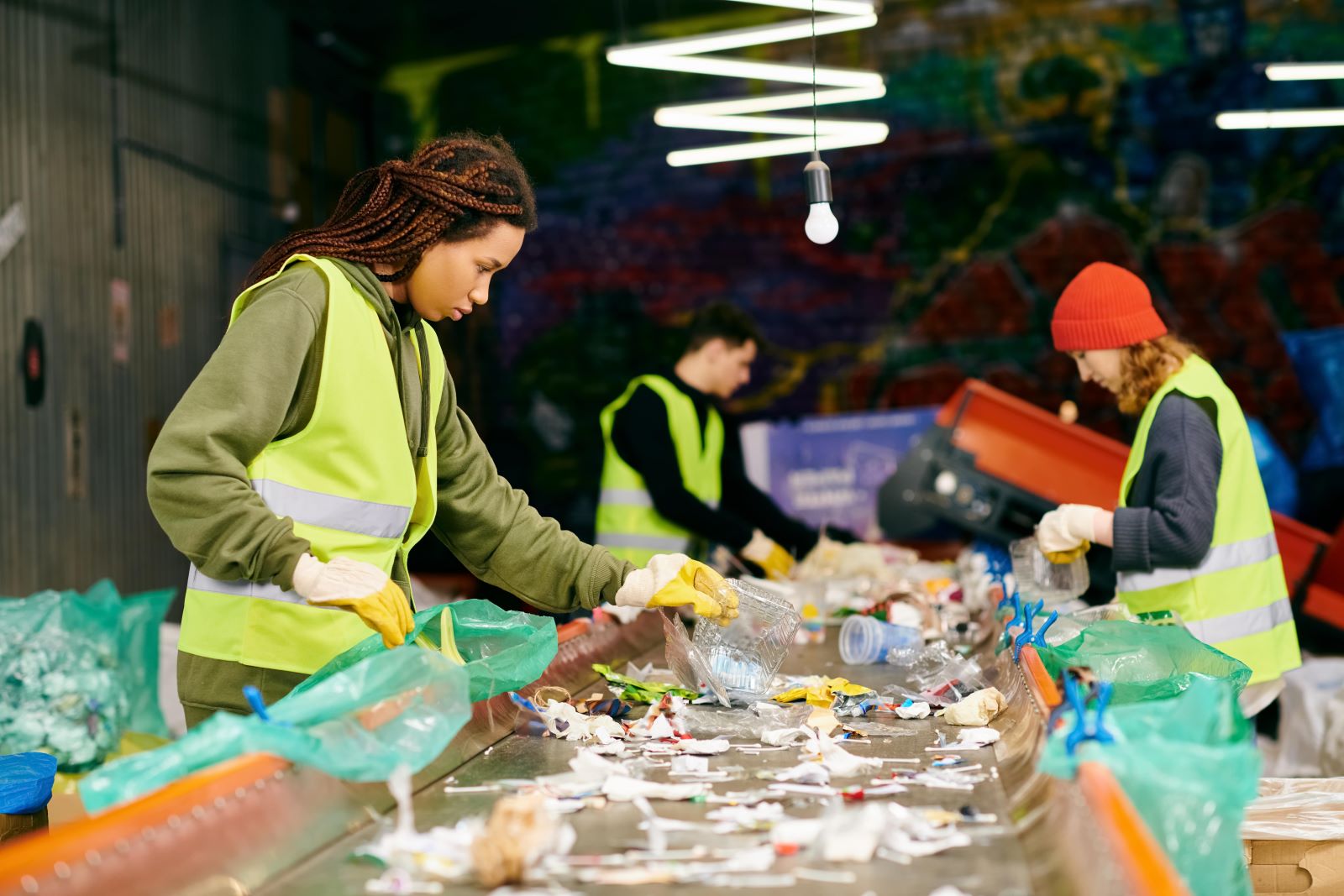Waste Management Company: A Journey Through History
Waste management, a crucial aspect of urban infrastructure, has a rich and intricate history that stretches back to the earliest human settlements. From rudimentary disposal methods in ancient civilisations to sophisticated modern recycling techniques, the evolution of waste management reflects the progress of human society itself. Embark on a journey through time as we explore the key milestones, innovations, and societal shifts that have shaped waste management practices over the centuries. Each epoch brings new challenges and solutions, highlighting the pivotal role of a waste management company in shaping sustainable urban environments.
Ancient Civilisations
The origins of waste management can be traced back to ancient civilisations such as Mesopotamia, where the first organised urban settlements emerged around 4000 BCE. Early inhabitants devised primitive waste disposal methods, including simple pits for dumping refuse. In ancient Egypt, waste collection systems were established to maintain public hygiene and prevent the spread of disease. These early efforts laid the foundation for future waste management practices.
Medieval Europe
During the Middle Ages, European cities faced sanitation challenges exacerbated by rapid urbanisation. Waste disposal was often haphazard, leading to unsanitary conditions and outbreaks of disease. However, the concept of municipal waste collection began to emerge in cities like London and Paris. Authorities implemented rudimentary systems for waste removal, albeit with limited effectiveness. The prevailing belief in miasma theory, which attributed disease to foul odours, spurred efforts to improve sanitation and waste management.
Industrial Revolution
The Industrial Revolution marked a pivotal moment in the history of waste management. Rapid industrialisation and urbanisation brought about unprecedented levels of waste production, necessitating new solutions. Innovations such as the invention of the incinerator and the development of municipal sewage systems revolutionised waste disposal practices. However, the era also saw environmental degradation and pollution as byproducts of industrialisation, highlighting the need for sustainable waste management strategies.
20th Century
The 20th century witnessed a growing recognition of the environmental impacts of unchecked waste disposal. The advent of plastics and synthetic materials posed new challenges, as non-biodegradable waste accumulated in landfills and oceans. Heightened environmental awareness led to the emergence of the modern recycling movement, with governments, organisations, and a waste management company promoting waste reduction and recycling initiatives. Landfill regulations and waste-to-energy technologies also gained prominence as alternatives to traditional disposal methods.
21st Century
In the 21st century, waste management has evolved beyond mere disposal to embrace the principles of sustainability and resource conservation. The concept of the circular economy, which seeks to minimise waste and maximise the reuse of materials, has gained traction as a guiding framework for waste management practices. Innovations such as composting, anaerobic digestion, and advanced recycling technologies hold promise for reducing waste and mitigating environmental impact.
Throughout history, waste management companies have played a pivotal role in shaping societal attitudes and practices. By embracing innovation and sustainability, modern waste management companies continue to lead the way towards a cleaner, greener future for all.
The historical evolution of waste management reflects humanity’s quest for cleaner, healthier, and more sustainable living environments. From ancient civilisations to the modern era, societal attitudes toward waste have evolved in tandem with technological advancements and environmental awareness. As we confront the challenges of the 21st century, the imperative to adopt innovative waste management solutions has never been clearer. By embracing the principles of sustainability and stewardship, we can forge a path toward a greener, more resilient future for generations to come.
Start by reducing your own waste footprint through recycling, composting, and mindful consumption. Together, we can make a difference and create a world where waste is minimised, resources are conserved, and the environment thrives – contact us today to get started!







